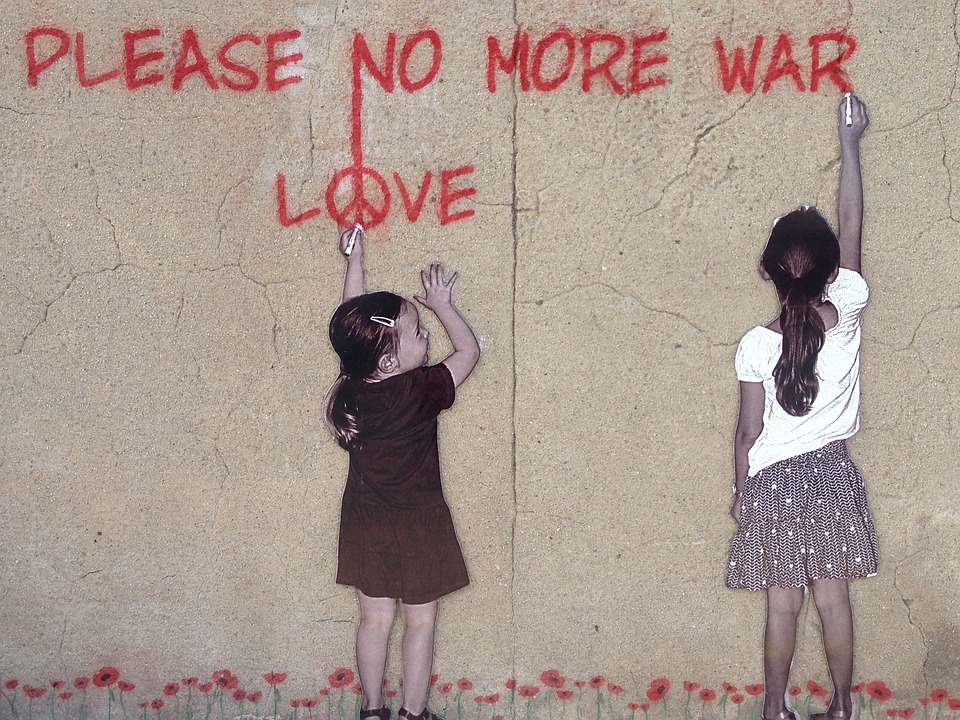The Long-Term Effects of War on Veterans: PTSD, Physical Disabilities, and Mental Health Issues
War has always taken a toll on those who fight in it, and veterans are no exception. The long-term effects of war can be devastating for soldiers who have returned home, often leaving them with physical disabilities, mental health issues, and post-traumatic stress disorder (PTSD). These effects can have a lasting impact on their lives, as well as on the lives of their families and loved ones. In this article, we will explore the challenges that veterans face when returning from war and the ways in which society can support them in their quest for healing and recovery.
PTSD: The Invisible Wound
Many veterans who have served in wars experience post-traumatic stress disorder, a mental health condition that can develop after exposure to a traumatic event. Symptoms of PTSD can include flashbacks, nightmares, severe anxiety, and uncontrollable thoughts about the traumatic event. These symptoms can be debilitating and can make it difficult for veterans to reintegrate into civilian life.
PTSD is often referred to as the “invisible wound” of war because it is not always easy to see. However, its effects can be just as damaging as physical injuries. Veterans with PTSD may struggle with relationships, employment, and daily activities, and their mental health can deteriorate if left untreated.
It is crucial for veterans with PTSD to seek help from mental health professionals who are trained in treating trauma-related conditions. Therapy, medication, and support groups can all be effective in helping veterans manage their symptoms and regain a sense of control over their lives.
Physical Disabilities: The Visible Wound
In addition to mental health issues, many veterans return from war with physical disabilities that can impact their daily lives. These disabilities can range from amputations and paralysis to traumatic brain injuries and chronic pain. In some cases, these disabilities may require long-term care and support, putting a strain on the veteran’s finances and relationships.
Physical disabilities can also make it difficult for veterans to find employment or participate in activities that they once enjoyed. This can lead to feelings of isolation and depression, further exacerbating their mental health issues.
It is important for society to support veterans with physical disabilities by providing them with access to healthcare, rehabilitation services, and assistive devices. Employers should also make accommodations for disabled veterans in the workplace, ensuring that they have the same opportunities to succeed as their able-bodied colleagues.
Mental Health Issues: Depression and Anxiety
In addition to PTSD, many veterans struggle with other mental health issues such as depression and anxiety. These conditions can develop as a result of the trauma and stress of war, as well as the challenges of reintegrating into civilian life. Symptoms of depression and anxiety can include feelings of hopelessness, irritability, and difficulty concentrating.
Mental health issues can have a significant impact on a veteran’s quality of life, making it difficult for them to maintain relationships, hold down a job, or participate in social activities. Left untreated, these conditions can lead to substance abuse, self-harm, and even suicidal thoughts.
It is essential for veterans with mental health issues to seek help from mental health professionals who can provide them with therapy, medication, and other forms of support. Family members and friends can also play a crucial role in providing emotional support and encouragement to veterans who are struggling with their mental health.
Supporting Veterans in Their Quest for Healing and Recovery
It is vital for society to support veterans as they navigate the challenges of returning from war. By providing them with access to healthcare, mental health services, and rehabilitation programs, we can help them heal from their physical and emotional wounds and reintegrate into civilian life.
Employers can also play a role in supporting veterans by offering job training programs, flexible work arrangements, and accommodations for disabilities. By creating a supportive and inclusive workplace environment, employers can help veterans thrive in their careers and achieve their full potential.
Family members and friends can also provide essential support to veterans by listening to their concerns, offering encouragement, and helping them access the resources they need to heal. By standing by their side and showing them unconditional love and support, we can help veterans overcome the challenges they face and build a brighter future for themselves and their families.
Conclusion
War can have far-reaching effects on those who fight in it, leaving veterans with physical disabilities, mental health issues, and PTSD. These challenges can be difficult to overcome, but with the right support and resources, veterans can heal from their wounds and rebuild their lives.
By providing veterans with access to healthcare, mental health services, and job training programs, we can help them reintegrate into civilian life and achieve their full potential. It is essential for society to support veterans in their quest for healing and recovery, as they have sacrificed so much to protect our freedom and way of life.


